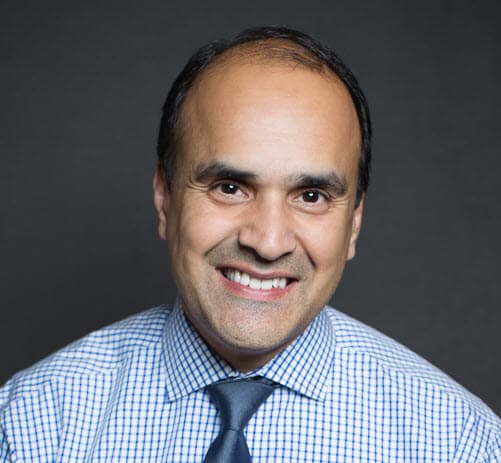
@ShahidNShah

One of my favorite new blogs is healthsystemCIO.com. There is some terrific reporting and more importantly unique and value-added coversations going on between healthcare CIOs. I ran across the recent “Dissecting Physician Resistance to CPOE” posting and thought it was worth sharing. Timothy Hartzog, M.D., Medical Director of IT, Medical University of South Carolina said the following about how implementing Computerized Physician/Provider Order Entry has unintended consequences but all the lessons are applicable to any clinical automation. Here’s a flavor of what he said:
Implementation of clinical informatics creates emotional aspects and unintended consequences, such as the following:
More/New Work for Clinicians – work unit secretaries use to do, now requires physician time to complete
Unfavorable Workflow – hard stops in CPOE are just a bad idea and lead to angry physicians.
Never Ending Demands for System Changes – physician hate when the user interface changes too often, so have an educational plan for when changes are made.
Problems Related to Paper Persistence – many complex items like TPN, CHEMO, etc., must be ordered on paper.
Untoward Change In Communication Patterns and Practices – with CPOE, physicians can enter orders from anywhere in the hospital and the nurses never know.
Negative Emotions – when Computers do not work at stressful moments, physician get angry.
Generation of New Kinds of Errors – computers can change how meds are ordered, and confusing interfaces can lead to mistakes.
Unexpected and Unintended Changes in Institutional Power Structure – physicians have always prided themselves on being able to treat patients their way. With CPOE, physicians are forced to use certain meds and protocol restrictions.
Over-Dependence on Technology – one of my rules to all clinicans is: “IF the medication dose does not look right, it is NOT right until to prove otherwise.” Just because it is on a computer screen does not mean it is always correct.
Shifts in Power Control and Autonomy – power shifts to committees like Pharmacy and Therapeutics, Medical Directors etc. Physicians loose the freedom a blank sheet of paper provides.
It’s a great posting and worth reading.

Shahid Shah is an internationally recognized enterprise software guru that specializes in digital health with an emphasis on e-health, EHR/EMR, big data, iOT, data interoperability, med device connectivity, and bioinformatics.
Connecting innovation decision makers to authoritative information, institutions, people and insights.
Medigy accurately delivers healthcare and technology information, news and insight from around the world.
Medigy surfaces the world's best crowdsourced health tech offerings with social interactions and peer reviews.
© 2025 Netspective Media LLC. All Rights Reserved.
Built on Mar 12, 2025 at 5:07am